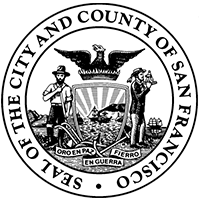FUTURE GOVERNANCE
As values change with new generations and shifting social structures, the governments that support these communities must also change. A wide variety of trends – from polarized voting patterns to movements for collaboration or dissent – make the shape of future governance at all levels of authority less clear than in the past.
- What is the future of local government? Will regions gain greater influence or will cities and towns remain primary?
- How will governance structures and processes shift in order to meet the changing needs of the residents, workers, and visitors to the city?
- What other models and approaches can we learn from?
- Will transit and mobility services remain distinct market offerings or will organizations cooperate for greater seamless mobility?
The Limits of Metropolitan Planning Organizations
CityLab, April 2012
“They often lack the authority they need to get things done.”
Transport Isn’t Technology, It’s Politics
How We Get to Next, February 2017
“The need for efficient, statewide defense was what initially led to the gargantuan highways system that has profoundly shaped America’s urban and rural space, and with it the entire continent’s predominant mode of transportation.”
How cities can stand up to climate change
Curbed, February 2017
“As the White House aims to stifle climate science, cities cooperate globally and plan locally.”
Seamless Transit
SPUR, March 2015
“In many ways, having so many different transit systems makes it harder for riders to understand and use the services available to them…By integrating our many public transit services so they function more like one rational, easy-to-use network, we have the opportunity to increase transit ridership and make better planning decisions for the future of our region. SPUR proposes five strategies for integrating transit services across the Bay Area.”
New Report Highlights Fast Growth of Participatory Budgeting
Shareable.net, September 2016
“At its essence, PB is a democratic process that gives people direct control over a portion of a budget, whether in government, an organization or a school. It enables people to play an active role in shaping their communities and helps leaders better serve their stakeholders.”
Fixing Government: Bottom Up and Outside In
Jennifer Pahlka, Long Now Foundation, February 2017
“Government drastically needs more tech talent, Pahlka urged, and the user-centered iterative approach could have a broader effect.”
How Megacities Are Changing the Map of the World
Parag Khanna, TED Talks, February 2016
“This emerging global network civilization holds the promise of reducing pollution and inequality — and even overcoming geopolitical rivalries. In this talk, Khanna asks us to embrace a new maxim for the future: ‘Connectivity is destiny.’”
- 3 Dire Visions of the Bay Area in 2070 – and 1 That’s Pretty Great, Wired, September 2018
- On Transit Policy, City Leaders Have More Power Than They Think, CityLab, March 2017
- A Shareable Explainer: What is a Platform Co-op? Shareable.net, August 2016
- Creative Solutions to San Francisco’s Housing Crisis, SF Public Press, Summer 2014
- Do Cities Need a Political Movement? CityLab, March 2017
- The Economic Power of Cities Compared to Nations, CityLab, March 2017





